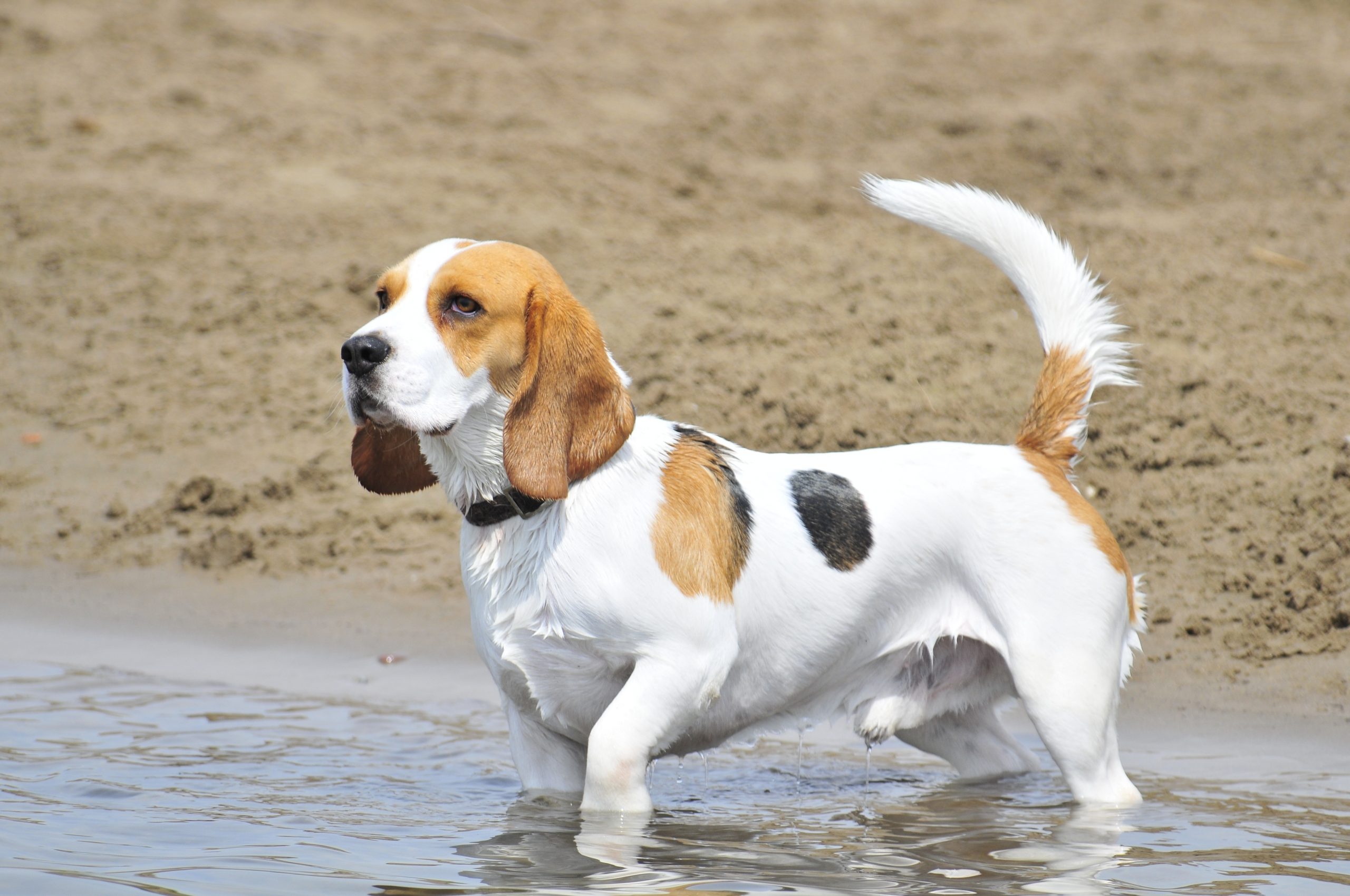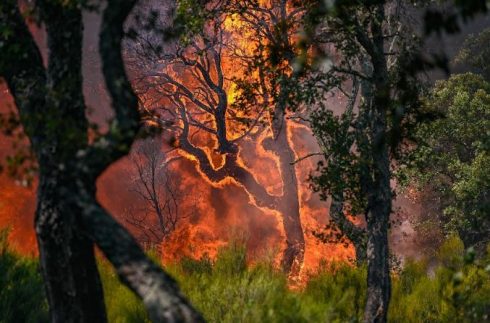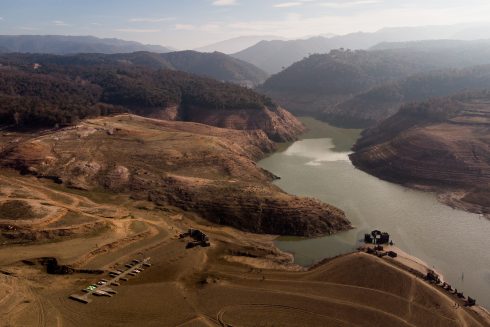WITH summer temperatures soaring, veterinarians in Malaga are sounding the alarm about the adverse effects of heat on animals.
Juan Antonio de Luque, President of the Official College of Veterinarians of Malaga, is urging the public to take heed of the risks animals face in these conditions and to adopt necessary precautions.
According to Luque, different species of animals react to high temperatures in various ways.
GOT A STORY? Email us at tips@theolivepress.es
Household pets, for example, are susceptible to increased insect and arthropod bites, which elevate the risk of diseases transmitted by these vectors, including leishmaniasis and babesiosis.
Luque emphasised that a concerning quantity of animals are receiving medical attention for heat-related problems at nearby clinics, and recommends safeguarding animals from direct sunlight and ensuring they aren’t restricted in areas lacking proper ventilation or subject to elevated temperatures.
Additionally, it is of utmost importance to exercise caution regarding leaving animals in vehicles, particularly in enclosed spaces that are exposed to sunlight.
Unlike humans, animals cannot regulate their body temperature through sweating, making them more vulnerable to heat.
Brachycephalic dogs, colloquially known as ‘flat-faced’ breeds, ie: English and French bulldogs, bull mastiffs, Boston terriers, boxers, pugs, are particularly at risk due to their narrow respiratory passages. Intense heat exacerbates their breathing difficulties, potentially leading to severe and even fatal conditions.
Veterinarians are urging pet owners to consult professionals who can provide not only suitable medications to prevent common summer-related ailments but also valuable advice to ensure the well-being of their animals during the sweltering season.
In regards to livestock and equines, animals in intensive farming facilities are better shielded from extreme temperatures due to controlled environments. However, those in extensive or semi-extensive settings must be moved to fields during the cooler parts of the day, like early mornings and evenings, to prevent heat stress.
This measure is essential to avert heat-related stress, particularly considering Malaga’s status as the region with Spain’s largest goat population.
In the equine sector, the College of Veterinarians of Malaga has distributed a comprehensive guide of best practices for the welfare of public service horse-drawn carriages.
This guide is being shared with five municipalities offering this service, namely Malaga, Marbella, Mijas, Fuengirola, and Nerja.
The guide underscores the necessity of shaded stops and access to water points to ensure the safety and well-being of these animals.
READ MORE:
- Wild boars could spark ‘devastating’ African swine flu outbreak across Spain: Experts’ warning as they reveal why the ‘dangerous’ animals are increasingly roaming beaches of Costa del Sol
- Pets allowed on Spain’s Avlo trains: Here’s what you need to know










